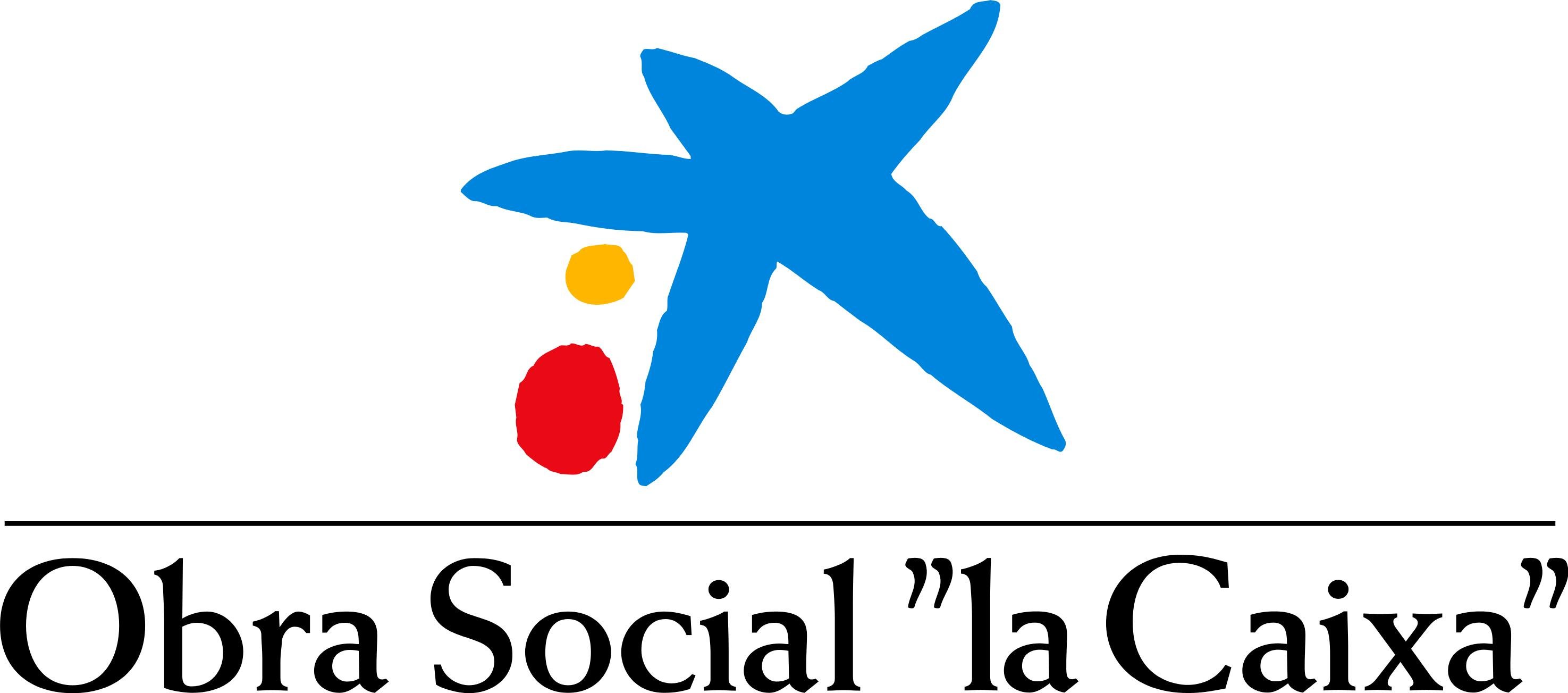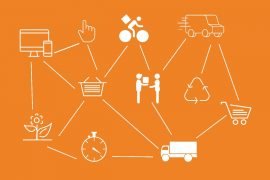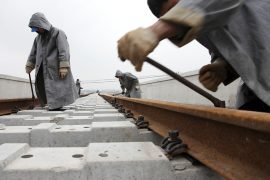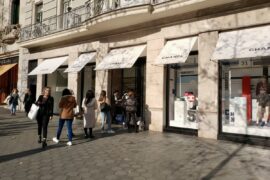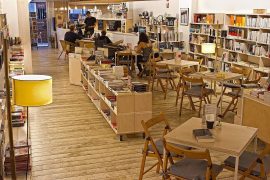[dropcap letter=”T”]
o most people climate change is a topic that seems far, compared to other daily preoccupations, like work or children. The problem is that now we do not have any leeway. Its effects are a fact. Even if we think it is still far, climate change is already here”, says the director of ICAEN, Manel Torrent, minutes before the conference “The citizen, protagonist of the new energy model”. And data confirm it. The probable increase of three meters of sea level from now to 2100, for example, would flood a large part of cities such as Barcelona or Malaga, and the national parks of Doñana and the Delta del Ebro would disappear. According to Manel, “if we were all more aware of what is coming, we would not hesitate to start living with wind or solar energy and leave aside the car forever. Because the debate is no longer between diesel cars or gasoline. The only options now are electric vehicles, public transport and the bicycle”.
 “To say that citizens cannot do anything for the planet is a lie. In fact, we are the only ones who can fix it”, says another of the speakers, Alfredo Cano, member of Som Mobilitat. Through a mobile application, this initiative allows the sharing of electric cars in different parts of Catalonia. And this service is only the beginning of “a new era of mobility, in which sooner or later will not surprise initiatives such as the one by City Council of the French town of Ungersheim, that changed the school bus for a horse carriage”, adds the coordinator of projects of the Transition Network movement, Ana Huertas.
“To say that citizens cannot do anything for the planet is a lie. In fact, we are the only ones who can fix it”, says another of the speakers, Alfredo Cano, member of Som Mobilitat. Through a mobile application, this initiative allows the sharing of electric cars in different parts of Catalonia. And this service is only the beginning of “a new era of mobility, in which sooner or later will not surprise initiatives such as the one by City Council of the French town of Ungersheim, that changed the school bus for a horse carriage”, adds the coordinator of projects of the Transition Network movement, Ana Huertas.
In addition to the typical small actions such as turning the light on only when necessary, Anna Quevedo, member of “the first popular wind”, Viure de l’aire, says that we can also be energy generators from now on. The history of how this cooperative project was formed proves it: 10 years ago a group of residents of the town of Pujalt, aware of the risk that 80% of Spain end up becoming a gigantic desert, set out to build a wind turbine. A year ago, it started producing energy and now supplies the annual consumption of some 2,000 families. For Anna, the best thing about the experience has been to confirm that, when we all work together we can reach almost everything. “Energy must be democratized and, to achieve it, we need each other. Weaving a network of people is what really empowers and makes us stronger”.
As the minutes pass, the eyes of the audience become bright. We all begin to understand that, in reality, taking care of the environment is in our hands. Cote Romero, general director of the non-profit organization Ecooo, gives an example that everyone can understand: “50% of the energy we consume at home is wasted because, in general, the buildings of our country are not built with materials that are energy efficient. To reduce this waste it is easy and costless, for example, to install reflective panels behind our radiators”.
It is clear that if we want to conserve the beach where we learnt to swim or the mountain where we played, in the woods, we have to support all these initiatives (or create new and better ones) instead of continuing to feed an energy model that -the director of Ecooo points out- is “represented by large companies that cut the supply to their customers without any doubt, and by a delirious concept of leisure that consists on building golf courses in the south of the country or ski slopes in shopping centers”. Fortunately, the desire to revolutionize the established order, evident in this talk, reveal that step by step, we are closer to that headline we all would like to hear on the news: “Citizenship is organized to save the world.”
Text: Alba Losada
Illustration: Tamara González
You can read more stories like this on ALMA, the social social media, a digital space devoted to the social field, which brings a new look at the present and the future of society, from an optimistic and diverse point of view, and from all the initiatives that “la Caixa” Foundation promote.

